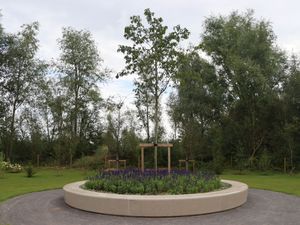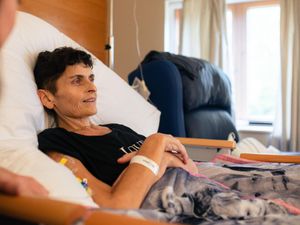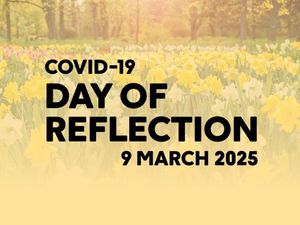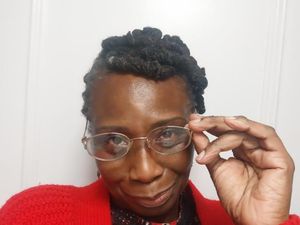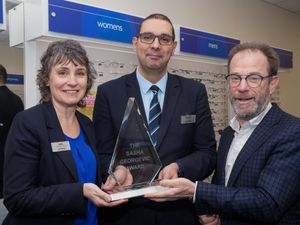Daughter’s anger over ‘missing’ equipment before mother's Russells Hall death
The daughter of a great-grandmother who died at a Black Country hospital has told an inquest of her anger at learning that medics did not have equipment which she believes could have saved her life.

Dorothy Dunn, 86, died after being rushed to Russells Hall Hospital by paramedics with a swollen tongue on July 12, 2017.
She was taken to a resuscitation ward and after a camera was put through her nasal passage to assess the swelling, a “crash tracheostomy” – the cutting of a hole in the neck – was performed in an effort to secure her airway and enable her to breathe.
Mrs Dunn, from Sedgley, suffered a heart attack and died five days later.
There was no formal investigation into her death and the family were not told of the circumstances until they requested Mrs Dunn’s medical records more than 18 months later.
Mrs Dunn’s daughter, Shirley George, told Black Country Coroner’s Court that she was “extremely angry and upset” at what she read. “Page 110 said there was no tracheostomy kit’” said Mrs George.
“The more I read the more distressed I got. I called my children and we had a family meeting.
“We put a complaint in to Russells Hall Hospital and attended a meeting that went into a deep explanation but I did not feel it added up – there were time lapses, it was full of conflicting evidence.
“The policy is to have the equipment in place – it was not in place to save her.”
The court heard Mrs Dunn had been given antihistamines and an anti-inflammatory medicine intravenously by paramedic Emily Shelding, as well as adrenaline at the hospital to relieve her condition.
Ear, nose and throat specialist, Dr Petru Daniel Vaida, who was on call at the time, then attended to her.
After performing the endoscopy and seeing major swelling in Mrs Dunn’s throat, he decided to attempt to secure her airway with an emergency tracheostomy – something he had not done before.
Dr Vaida shouted that he needed a tracheostomy kit ‘right now’.
“I felt at the time it was the quickest way of getting what I needed,” he told the court.
“I repeated my request two, possibly three times in succession.
“As I did not get feedback I said ‘I just need a knife and scalpel and suction’ - I had to repeat that more than once.”
Dr Vaida told the court that although he could not be certain how much time had passed, he felt the procedure “was taking too long”.
He said that once he was given the knife he did the tracheostomy which took up to four minutes.
Mrs Dunn went into cardiac arrest but her pulse returned and she was transferred to an intensive care unit. She died on July 17.
Senior Coroner for the Black Country Mr Zafar Siddique asked if Mrs Dunn would have survived if the equipment had been available.
“It is a very difficult question to answer,” said Mr Vaida.
“I think if the procedure had been done sooner her chances would have been better. This is a rare occurrence – I have never been in such a situation before.
“There was a lot of stress on behalf of everyone involved. I am quite confident the whole process was slower than ideal because of these human factors.”
Mrs George told the court her family wanted to know the truth about exactly what had happened.
“It is about being open, honest and transparent,” she said. “That is what we did not get - we only found out when we got the medical notes.
“To find out nearly two years later they did not have the equipment, that is a lack of transparency on the trust’s behalf.”
The inquest continues.

